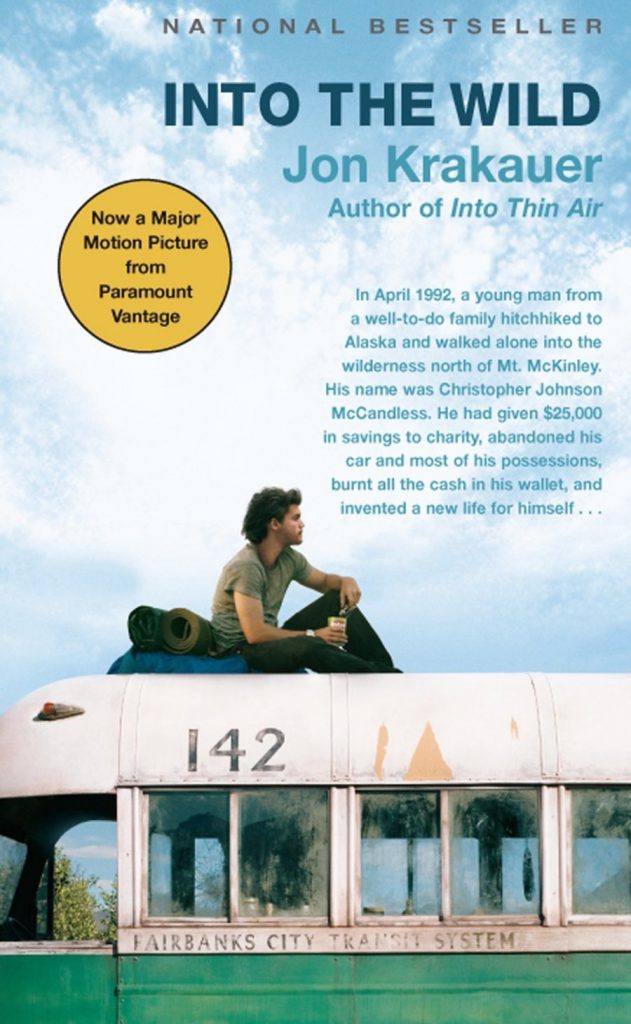
What's Right and What's Wrong about Coursera-Style MOOCs Bates, T. OERs: The Good, the Bad and the Ugly Bates, T. Crossing the Field Boundaries: Open Science, Open Data & Open Education Campbell, L. Remix, Mashups, Aggregation, Plagiarism Oh My Lalonde, C. My Open Textbook: Pedagogy and Practice DeRosa, R. The Access Compromise and the 5th R Wiley, D. Planning to Share Versus Just Sharing Leslie, S. Exploring the Open Knowledge Landscape Campbell, L.

Defining the 'Open' in Open Content and Open Educational Resources Wiley, D. Openness & Sharing Into the Open Cangialosi, K. This is Not the Online Learning You (or We) are Looking For Levine, A. Possible Futures for Innovation and Technology in Higher Education Bell, F. To Lecture Capture or Not to Lecture Capture? MacNeill, S. and Other Blasts from the Past Morgan, T. A Definition of Emerging Technologies for Education Veletsianos, G. A Field Guide to "Jobs that Don't Exist Yet" Doxtdator, B. We Can't Let Educators Off the Hook McLeod, S. If We Were Really Serious about Educational Technology McLeod, S. Innovation & Disruption 25 Years of Ed Tech Weller, M. Cover Designīegin Reading Introduction List of Author Blogs and Twitter Accounts Index by Author Index by Topic Licensing Information 1.
#Into the wild book free online archive#
Blogs don't live forever, but their ideas can as we archive them and share them in helpful ways. In this volume, we want to bring these blog posts together for future reading and dialogue.


These are the hidden historical artifacts of educational technology. Though peer review and the traditional publishing process are useful for some things, such as ensuring accuracy and uniformity, they are notoriously detrimental to the sharing of novel ideas and practices that shake the status quo.įor that reason, one of the best places to find artifacts of the rich history of educational technology is in self-published blog posts where practitioners, scholars, and anyone else can grapple with the issues that really matter to them, share their crazy ideas, and get feedback from the community without going through a rigid process to determine whether their voices actually matter. Very little of the rich and vibrant history of ed tech is contained in scholarly journals, and what you find there is typically stodgy and manicured: not what you find in classrooms, tech departments, or conversations between professionals.


 0 kommentar(er)
0 kommentar(er)
